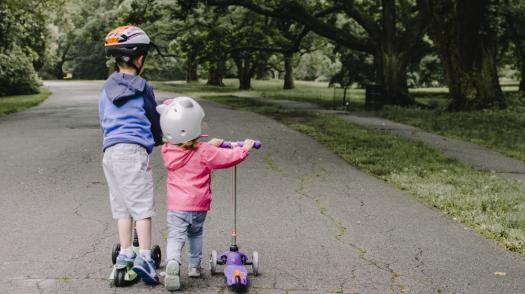
Stroke: Daisy, part 2
Daisy, aged 9, talks about her stroke in a Q&A.
Eileen's baby, Daisy (now nine), suffered a stroke and brain injury during heart surgery. She believes the professionals had a poor understanding of childhood stroke. Eileen shares her story.
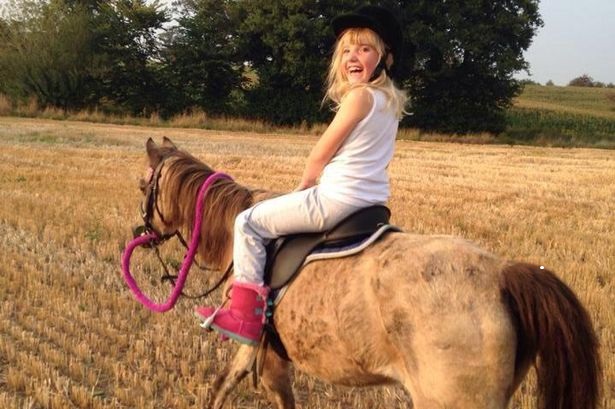
Published: February 2015. Child’s age at time of brain injury: 21 months.
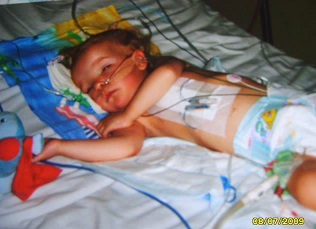 When I was told Daisy had suffered a stroke, I was devastated. I thought her life was over. In fact, I thought she was the only child it had ever happened to as I never imagined it was possible for a child to have a stroke!
When I was told Daisy had suffered a stroke, I was devastated. I thought her life was over. In fact, I thought she was the only child it had ever happened to as I never imagined it was possible for a child to have a stroke!
We were told that Daisy would probably be at the baby stage for the rest of her life but at that point I knew that I would never accept that prognosis.
However, I did start to accept that this was the likely outcome, as I couldn't imagine how she would improve after hearing how much brain damage she had suffered.
But a determination was born from not wanting to give up on her; on this little baby I had wanted so much. Daisy was an IVF baby and for this reason - how she had been 'made' - it just made me determined not to give up.
Of course I grieved for the little blonde toddler I lost. I still grieve for the years we lost.
Looking back I wish the doctors had given me more of an optimistic prognosis.
I'm now able to be grateful that we never gave up, but for years we were almost belittled for continuing to try and get improvements. Although now we have proved our point.
I felt we had little support. Because it was such a 'rare' and rarely documented occurrence for a little baby to suffer a stroke, we were even accused of lying about what had happened.
On a daily basis, medical professionals were telling me 'Children don't have strokes.' I'm hoping with publicity that perception is changing.
Swimming was a huge positive in Daisy's recovery, as was horse-riding.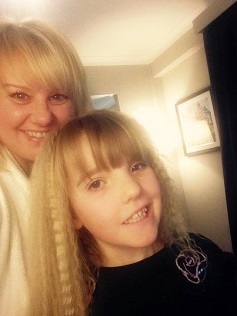
She didn't enjoy the standard types of physiotherapy sessions so we did play-led exercises, which were great.
Sand pits and hand painting were her favourites.
Fatigue has been a problem until recently, six years on.
She led her sleep pattern and slept whenever she needed. She did half days in school towards the end of the week.
Encouraging movement has been relatively easy after the initial two years. I found showing her videos online of other survivors using their affected side encouraged her to try, and we call her affected side 'special side'. I have always focused on her being a Survivor and she should be proud.
Her memory is incredible, thankfully.
Watch below video of Daisy being encouraged to use and strengthen her weaker side.
Daisy's education is better than I imagined, she is in mainstream school and other than her tiredness, she keeps up with her peers.
She is incredibly independent; I believe she will be a success at whatever she chooses to do.
I obviously worry about her future, medically and generally, but she is a happy, confident little girl who is truly beautiful inside and out. All I hope for her is she is happy.
If I could give one piece of advice or encouragement to other parents who have a child who suffered a stroke or brain injury it would be, never ever give up!
There is no time limit on getting improvements. There are days when you think 'am I wasting my time' but we are proof, almost seven years on and we still have improvements.
Daisy also tells us about her life, hobbies and dreams.

Daisy, aged 9, talks about her stroke in a Q&A.
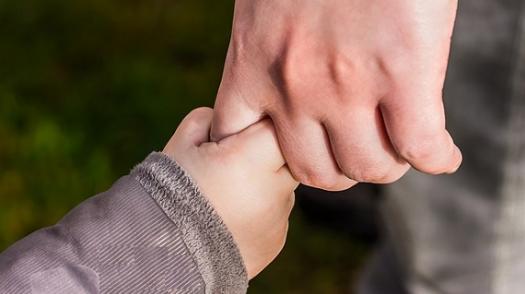
When a baby or infant sustains a brain injury the impact it has on them may be different to that of an older child.
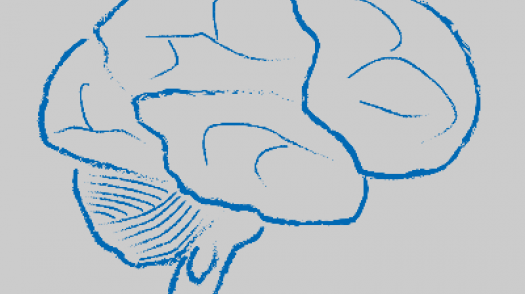
Read about how non-traumatic brain injuries can happen.